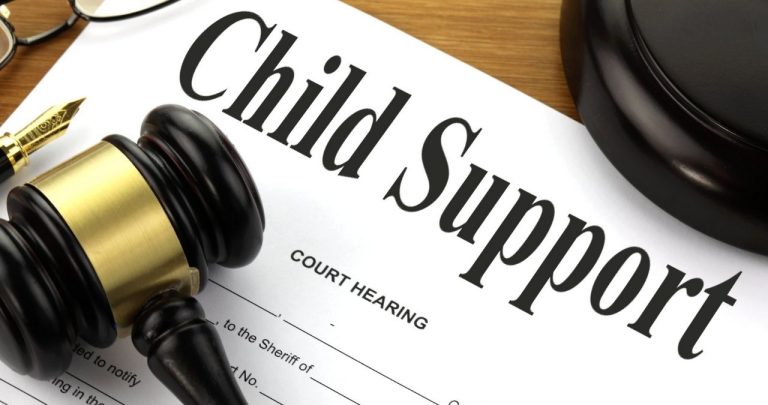The role of a music producer has been debated for decades, but one thing is certain: a music producer is hired to do the artist’s bidding in the studio.
There are many different types of producers out there, and some specialize in particular areas like mixing or mastering. But if you’re interested in learning about what all producers do as part of their job, read on!
Pre-Production
During pre-production, the Music producer Raz Klinghoffer will speak to the artist and try to figure out which songs might be good for recording. They’ll also prepare demos and discuss with the artist which songs they want to record. This can include deciding on musical style, whether or not the song needs lyrics and even the genre of music.
When the pre-production phase is over, the producer will have a good idea of what kind of sound he’s going for with the artist’s music. He will then use this information to create a “demo” for the band.
The demo is usually a rough version of the song, so it sounds very different from what you’ll end up hearing in the studio. The demo is designed to give the artist an idea of how their song will sound when it’s finished. It will also give everyone in the band an opportunity to practice and play together before they head into the studio.
Recording
After the demo is recorded, the producer will mix and master the track for playback on a stereo system. The producer will also start building a list of songs that he thinks would work for the album.
This list should contain songs for all different styles of music. It’s best to have more variety than just one or two styles, so you can have a different song in many different genres on your album. You don’t want your fans to get bored or have to search for something new to listen to.
The producer will then send the songs in waves of various levels of completion as the album progresses. He may be sending individual songs, or he might be sending a folder with a number of songs in it. The producer will use sample rate and bit depth/number of bits per sample (kbps) to identify the different digital layers on each song.

He’ll know how good the stereo sound is and how good the high-resolution samples sound when put into an audio program like Digital Performer.
The producer will compile the best songs into a cohesive final album. He may also experiment with various aspects of the recording, like adding a reverb or using a different instrument.
It’s important to select music that sounds good when it’s heard on many different stereo systems too. You want your audience to feel like they can listen to your music no matter what kind of stereo system they have at home. That way, you’ll have a positive reputation in the music world and can get more gigs in the future!












